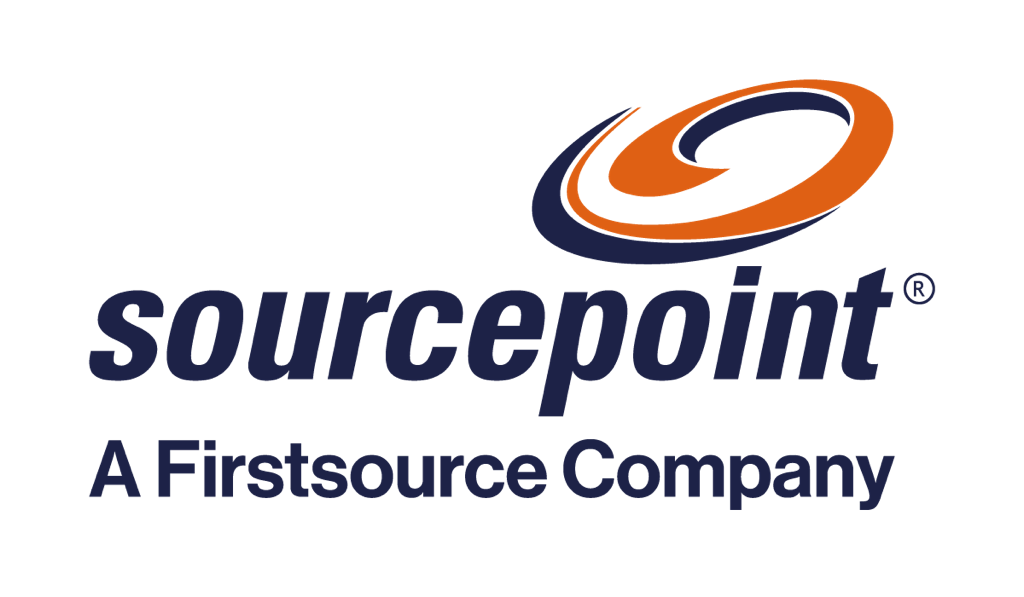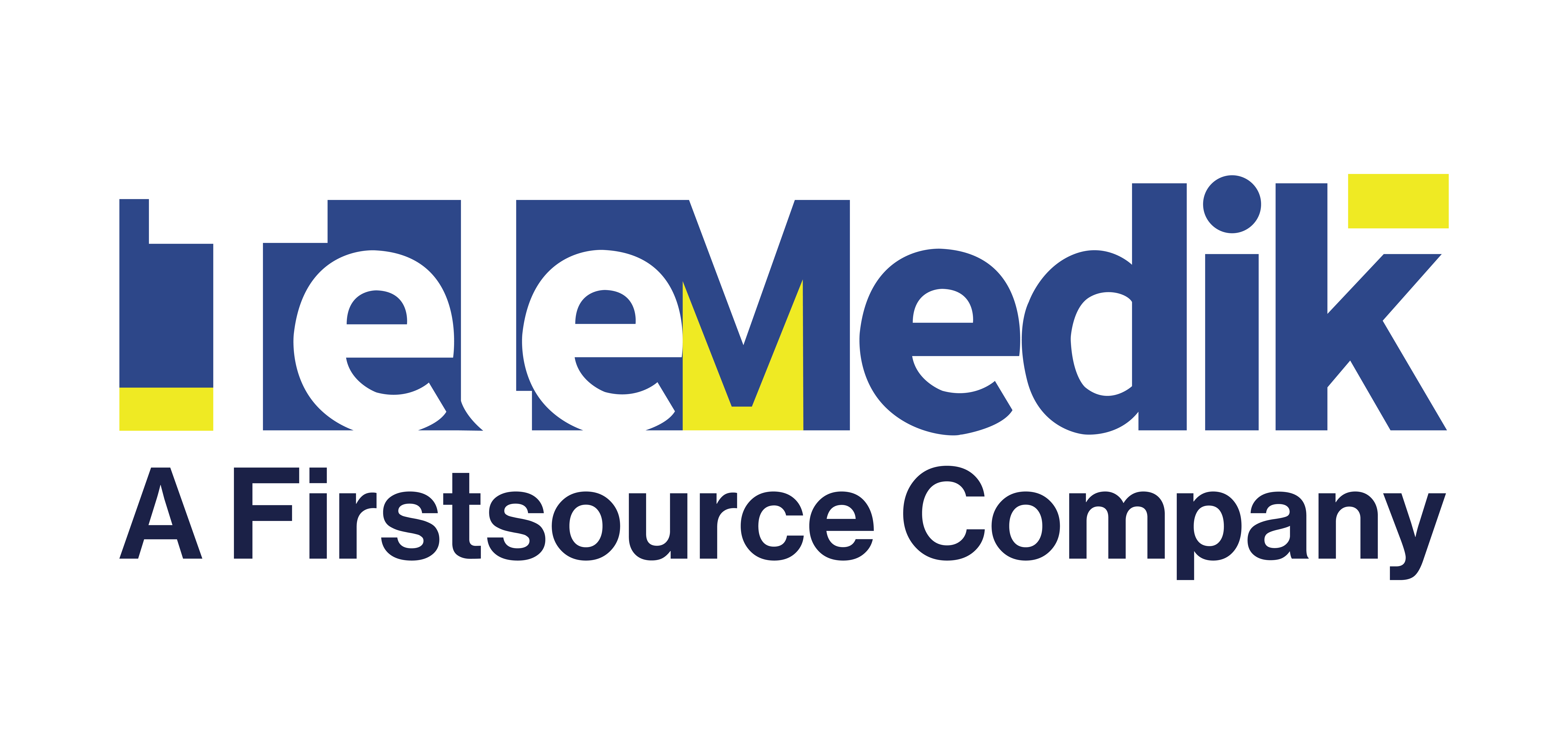Every time a modern technology comes along, it is touted to be “the next big thing.” I am sure we have all heard how Robotic Process Automation (RPA) was going to completely replace human workers.
Today, similar claims surround Artificial Intelligence (AI). Google’s Sundar Pichai called AI “more profound than fire or electricity” and Meta’s Mark Zuckerberg spoke on the possibility of using AI to “help scientists cure, prevent and manage all diseases within this century.” As a business leader, you might be wondering - Is AI really some pixie dust – ready to take you from the despairs of business inefficiencies to the joys of reliable statistical models?
The current state of business process efficiency
While we can leverage RPA to successfully handle repetitive business application tasks, the complex tasks, and strategic decisions are still manually driven. These human operators, however, need to be supported with process training, business, and regulatory changes, quick access to operating procedures, quality assurance, and, most of all, early warning systems to alert them before things go wrong.
Many of these tasks were/are supported by technology platforms which are not fast enough to keep pace with the needs of business. We have all heard the complaints about outdated operating procedures, employees putting customer calls on hold as they search frantically through documentation to answer a customer’s query, revenue leakages and penalties for missed regulatory requirements.
Practical AI Applications in Business Process Management
Can Generative AI (Gen AI) help you address these and other similar issues in business operations? Are we ready to create the Fosbury Flop for business processes with AI? Let us find out.
Employee Training and on-boarding
Gen AI-based instructional design co-pilots help designers create intelligent data-driven content from process documentation in a matter of days. Take for example, setting up a contact center operation for a customer in a new geography.
At Firstsource, we leveraged AI-based coaching solutions to educate employees about topics like geography, culture, history, major cities, and sports teams. We combined this with simulated customer interactions on business applications to help employees get the needed exposure as trainers to address specific areas they need to improve.
Navigating process knowledge
Solving complex business transactions requires referring to hundreds if not thousands of Standard Operating Procedures (SOP). AI co-pilots are extremely helpful here, providing context specific guidance with fine grained instructions and traceability. A major US based health plan operating across 20 states and processing several million claims every month uses SOP co-pilots. These co-pilots guide agents through claims processing, offering instructions and explaining the decisions made by AI. In addition, they also incorporate employee feedback to continuously monitor and improve the accuracy of the solution.
Read Also Revolutionizing Claims Operations with Gen AI-powered Multi-Agent Collaboration
Quality assurance and audits
Customers today reach out through multiple channels – chat, e-mail, voice, and phone. Using GenAI, organizations can audit 1000s of such conversations automatically to put their best foot forward towards delightful customer interactions.
For a major US-based telco, we employ QA autopilots combined with RPA to evaluate every customer interaction for compliance, questioning techniques, objection handling, ownership, and quality of communication. Responses provided are validated against operating procedures, while RPA validates system data. This enables reviewers with focus areas to provide targeted coaching based on comprehensive data analysis.
Addressing industry-specific challenges
While the above examples can be applied across industries, AI can be effectively used for specific business problems. We recently worked with a US-based health plan to improve claims processing using AI and process mining simulations. This combination helped identify process bottlenecks and predict high-risk claims, saving millions in late payment interest.
By providing insights into process hotspots and highlighting claims likely to attract interest, we enabled human operators to address these challenges with targeted solutions.
For another client, AI co-pilots accelerated the underwriting process for Mortgage servicing agents by collating and validating information from several documents provided by customers – cutting down the entire processing time from several days to a few hours.
The Next Step: Agentic AI Systems
Agentic AI systems are the next step towards enabling context-driven decisions. Unlike traditional AI, which follows predefined rules, Agentic AI operates with autonomy, continuously learning from its environment, adjusting workflows on the fly, and collaborating seamlessly with human teams. With multi-agent collaboration, these systems enhance human-AI teamwork, solving complex tasks through specialized roles.
The future of agents collaborating with humans opens an exciting world of possibilities. The key is to create the space for allowing fresh ideas to take root.
Endless possibilities, but what are our learnings?
While AI has endless potential, the key to successful implementation is to:
- Ensure AI systems are deployed responsibly with ethical practices and accountability.
- Build strong governance frameworks that address security, privacy, and compliance comprehensively
- Recognize AI as a tool to empower, not replace, the human-in-the-loop.
- Implement effective change management with active employee engagement and alignment across all stakeholders
AI transformation can only succeed when these elements are treated as essential, not optional, and when supported by deep domain expertise to unlock its full potential.
Firstsource relAI – our suite of AI- lead solutions, platforms and services - relies on these fundamentals to drive transformation. The focus on governance, security, privacy, compliance, and cost has helped us ensure businesses of all sizes can seamlessly integrate AI into their business operations and disrupt the normal.











